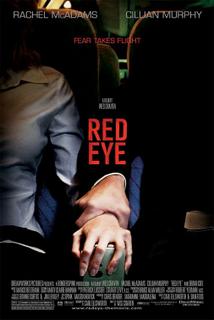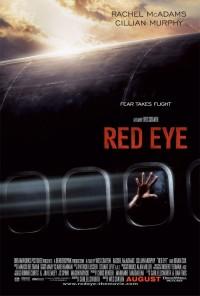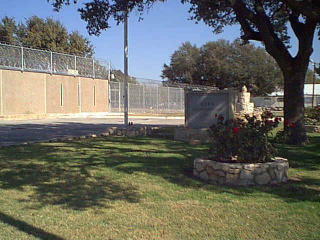
Magic: the Gathering is a card game that you play in three phases. In phase one you collect the cards you'll use by spending way too much money or beating up smaller kids at your school--much like collecting baseball cards. In phase two you construct a deck from your collection. In most games the deck must have no less than 60 cards but can have as many cards as you want. In phase three you then play the actual card game using your deck.
During the phase two part you will find yourself wanting to add all these cool cards you have--throwing as much stuff as possible into it. Due to the laws of probability being what they are, this is a bad plan. You should strive for as small a deck as legal. In essence, you've got 60 cards to put in the deck; which 60 cards would maximize your chances of winning?
In a screenplay you've got maybe 100-110 pages to tell your story. Occasionally you can get away with more, but most of the time you cannot. Moreover, unless you're writing an epic, do you really need that much more screentime than Casablanca (102 minutes) or The Maltese Falcon (101 minutes)?
Pages are the currency of screenwriting. You've got maybe 105 of them to build characters, explain the world, carry a plot, develop arcs, and throw in some scares, thrills, laughs, cries, or whatever.
So one of the decisions one has to make as a writer is how to "spend" those pages. If I'm writing an action or horror piece (which I usually am) I already know I've got a large part of my page budget devoted to action seuqences. While these will do some double duty as character development, there's only so much character development you can fit in that scene where the monster rips out 40 spleens.
This plays out in my decision about how many characters I'll include. After all, each character costs pages. So normally I try to merge characters as much as possible.
It also factors into plot complexity -- how many different things can you have going on in a movie. This is why focus is so helpful to a movie. While you can make good multi-arc films, like Close Encounters of the Third Kind, or Magnolia, movies are seldom hurt by trimming them down to a sort of elemental purity.
Anyway, my two most recent screenplays are kind of polar opposites in this--they're both bloody horror pieces but one focuses mostly on a single character, often alone. I found this to be difficult since, with no one to bounce off of, it's a challenge to develop the character. But it's an interesting challenge so I wanted to go through with it.
The other screenplay has like 8-10 characters though, almost like a disaster film. And I wanted to give each of them a little story--which means really little, like an arc that plays out on three pages spread out over the whole film. It forces you to try to give scenes a lot of dimensions, but I'll have to see if I made it work. One advantage of having lots of characters is that you're never at a loss for what to do in the script. There's always someone you can put the camera on.





